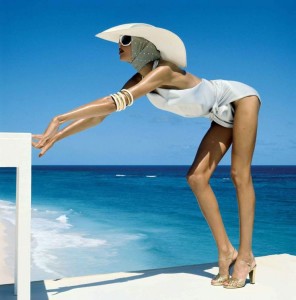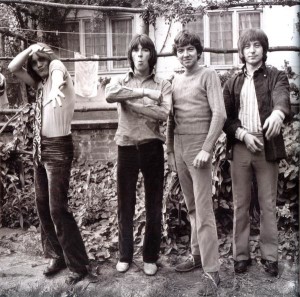For no good reason, I’m determined to update dowackado more or less daily, until I decide not to.
I’ve decided not to be outraged by anything in the news today.
This morning dawned pretty crisp. 15 degrees when I got up to stoke the wood stove. I helped a neighbor farmer move, tag, deworm and vaccinate his heifers. I enjoy that kind of work, but a couple of times, I started to think about all the things that could go wrong standing ankle-deep in muck in a small pen with 13 slightly wild-eyed 1,300-pound aurochs. Working cattle with three seems infinitely easier than with two. Someones you stand around for a bit and wish you had warmer footwear, but other times the third man just makes the operation smoother, less stressful, less dangerous. There’s also plenty of time to compare notes, and to argue. Sammy said he had just read it was a bad idea to de-worm this time of year. Dave said he had read that article but thought the article was about de-lousing, and not de-worming. They agreed to disagree and Dave went ahead and de-wormed anyway.
Got home, had a bite, and went for a walk with the two dogs out to where the cows were, which turned out to be a hike of a couple miles, there and back and not exactly in a straight line. It had warmed up a fair bit by noon so the walk was a pleasant one. The puppy even behaved herself among the cows, and for the first time a majority of the cows didn’t get up when she sniffed among them, tail wagging. (Usually, she obeys her herding instinct in clumsy and aggressive ways.) The dogs enjoy a long walk like nothing else, and their joy rubs off on their master. I think of the Peanuts cartoon when Charlie Brown quits school and wants to devote his life to making his dog happy. That makes sense to me on long walks.
Here are a couple of randomly groovy images I stumbled upon today.
The Small Faces in 1966.
And keeping retro, two images of Apollonia van Ravenstein, who is the most perfectly named human being in the history of the planet.

 And three musical interludes, one from the year of my birth, the Fleetwoods with a kind of anachronistically minimalist and haunting Come Softly to Me:
And three musical interludes, one from the year of my birth, the Fleetwoods with a kind of anachronistically minimalist and haunting Come Softly to Me:
And then there’s this one from Jewel, who was, I believe, just 16 when she recorded this. There has to be a name for the kind of song that was ubiquitous in its day, but a decade or two later is all but forgotten. This is a wonderful song and performance, with a terrible music video. Kind of dated, but kind of wow as well…
and finally, this Joe Tex jam. Is it a curiosity or a classic? Can it be both? “You got Mississippi written all over you…”
